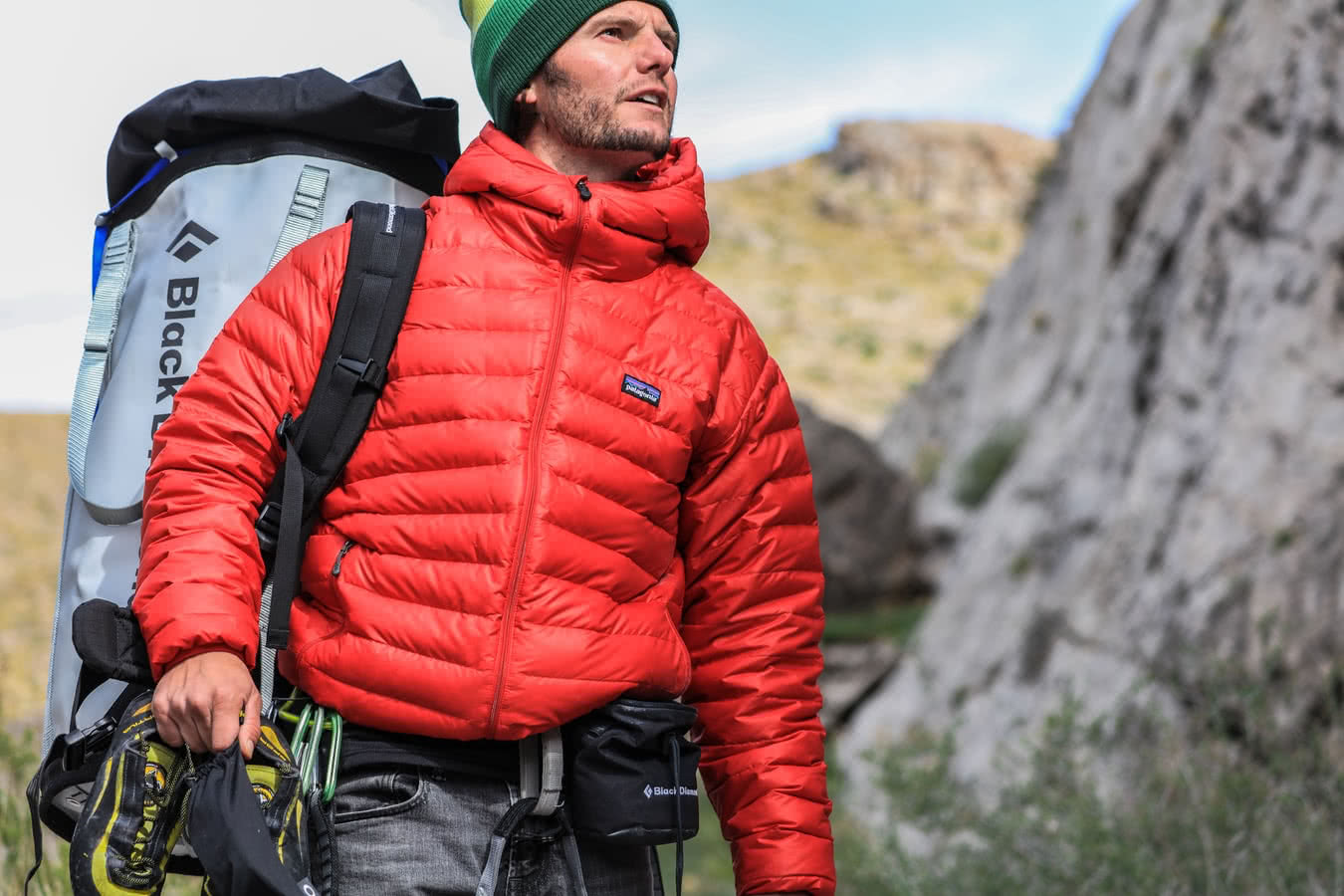
As adventurers, we tend to acquire a decent (astronomical) amount of kit. There are a few key things to keep in mind when buying sustainable outdoor clothing and kit: making sure you're getting the right fit, that it's good value, and that it'll get the job done. It's your hard-earned money you're spending, after all.
But a new bit of kit is more than that: it's also a vote. When you buy something from a company, you're supporting them, and by extension their ethos too. That's why it's important to make sure you're only buying from the most responsible brands. Truly eco friendly outdoor gear is hard to come by and there's a lot to take into account, namely its impact on the environment. This article explains what to look out for, and what to avoid. So let's dig into the most sustainable brands.
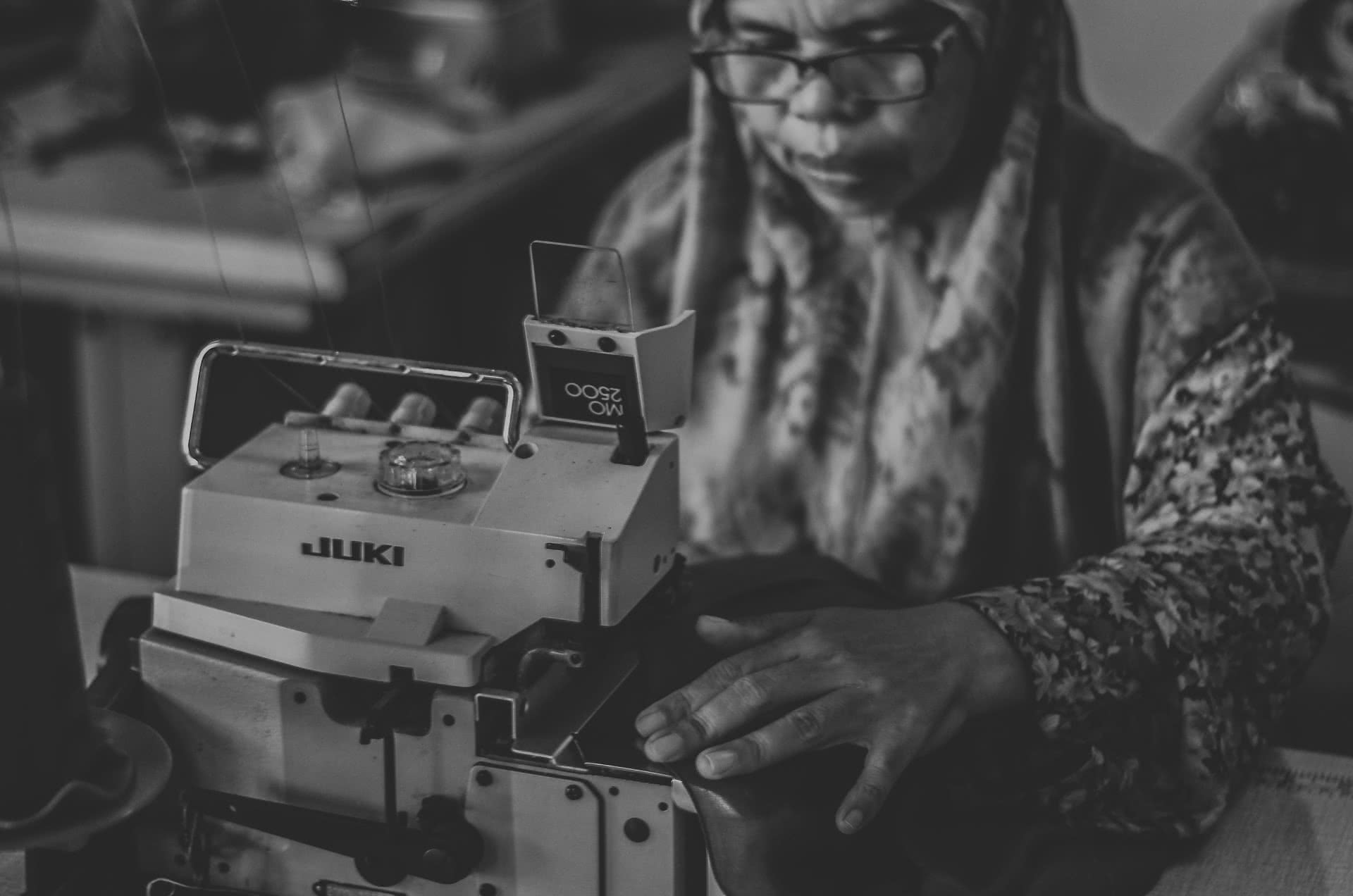
This isn't an easy question to answer. Every point in a supply chain brings with it the potential to do environmental harm, and it can be pretty difficult to avoid all the pitfalls. But some brands make it their mission not only to make sustainable, useful outdoor gear, but to do the least harm possible. These are the things they'll be focusing on, and us as consumers should be considering too:
Synthetic materials tend to be made using non-renewable resources which is bad news for the environment as large amounts of tons of harmful gases and natural resources are used up. Some natural biological products such as cotton however, can also take a toll on the planet if not produced responsibly or organically.
Plant and animal-based natural materials such as merino wool (used often by sustainable outdoor clothing companies), down, organic linen, organic cotton or hemp won't harm the planet as long as they're responsibly and ethically sourced. Products made from recycled materials such as recycled polyester, cotton and nylon will also help to combat the climate change crisis propelled by fast fashion. Outdoor brands have to make sensitive and careful sourcing choices to be truly sustainable.
Where are these products made? Different countries have different laws when it comes to environmental and human welfare standards. If you're looking for sustainable outdoor clothing or gear, you shouldn't only be checking what the clothing is made from, but how it has been made, and what the conditions are like for the garment workers.
Sadly there are too many clothing brands that are outsourcing their manufacturing to countries where standards for these workers are poorly regulated, and brands are choosing profit and fast fashion over fair trade, decent wages and ethical practices.
Geography is also worth considering in terms of shipping. How many miles has the product had to travel to reach you? If it's flown by plane, it's already contributed a good few hundred kilograms of carbon into the environment. Things like this can weaken a brand's "environmentally friendly" claims.
Is a product made to last? Although built-in obsolescence is less prevalent in outdoor gear than other retail industries, it is still present, especially in cheaper brands. The longer a product lasts, the better its environmental efficiency. If we all bought clothes less frequently, there would globally be less production and less natural resources used.
That's not to mention the waste problem. On average we throw away 37kg of clothing away every year, almost all of which goes to landfill or is incinerated. The less clothes we buy, and the longer we hold on to them, the less resources used up in production and the less gases are produced in their disposal.
Following on from the above, consider how you will dispose of your product when it does reach the end of its lifespan. Can it be recycled, or will it biodegrade? Can you repurpose it? These are good things to look for when purchasing outdoor clothing to ensure you're shopping mindfully.
GREENWASHING, AND HOW TO AVOID IT
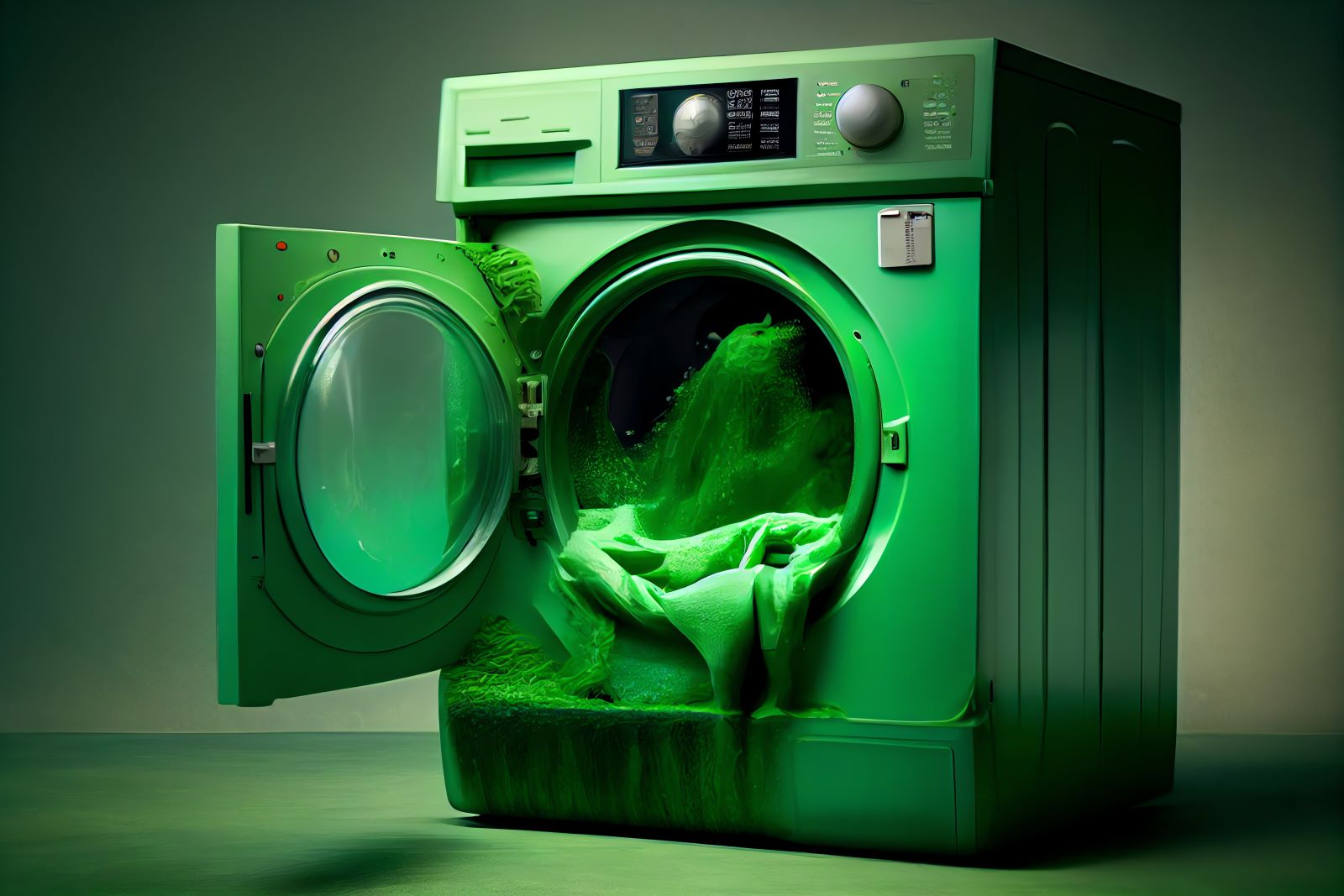
There is a wealth of information available online these days, and consumers are more informed than ever. Yet there is also a certain amount of ‘greenwashing' which can muddy the waters. Greenwashing is when a company essentially makes itself out to be more environmentally responsible than it actually is.
So how can you recognise greenwashing? It can be difficult: brands pay big bucks for advertising, and this often involves a certain amount of spin-doctoring. Here are some things to look out for:
If the brand only talks vaguely about their environmental credentials, chances are there isn't much substance behind them. Ethical outdoor clothing companies will be shouting about the good work they do from the rooftops and will be telling you exactly how they do it.
We proudly sport our 1% for the Planet and Carbon Footprint logos on our site because encouraging more sustainable adventure is at the core of what we do - not an afterthought. Check for Fair trade symbols and certified B Corp accreditations.
Do their stats add up? Do they stand in contrast to what the company is actually doing? Check their website. If there's no information on their sustainability practices, chances are they haven't got many.
For instance, if a company says that all the cotton it uses is sustainably grown, but most of their products are synthetic, their claim doesn't amount to a whole deal. Look out for best-in-class type boasting, i.e. statements that they're greener than the rest. Even if they are, if the bar is very low it doesn't mean they're doing a whole lot.
See what has been said about the company in the past. Have they popped up in the news for shady dealings or cover-ups? Have they done anything about it? All too often at the moment brands and people and being boycotted due to cancel culture.
Whilst this an effective way of declaring a lack of support for bad practices, it can discourage a chance for learning and growth on the party that's been cancelled. If you've heard bad things about a company, see if they've done anything to remedy it or make their practices better. And for this one - follow the next point!
Don't believe everything you're told. Question what they're saying. Check their evidence. Understand that brands do have motives for saying they're environmentally friendly that has nothing to do with the planet and everything to do with the advancement of their profits. You need to do your homework to make sure they really are a sustainable brand.
If a company is producing green products in a warehouse that doesn't treat its workers well, or is shipping them halfway across the world, use your own judgement to decide how much you want to buy into what they're doing. The less we support these companies, the less they thrive and the more (hopefully) we start to move to more sustainable business practice. The power really is in the hands of the consumers.
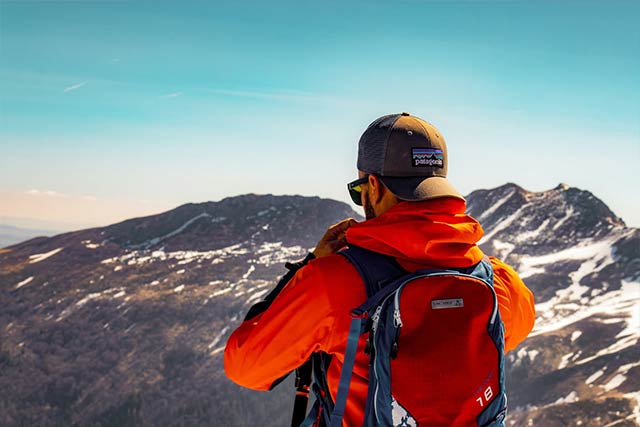
Every product has some kind of environmental footprint. No piece of clothing is 100% sustainable. It can be eco-friendly, and ethically conscious, but at the end of the day every product that is produced has an impact on the environment. Even when brands do everything they can to minimise this, it's unavoidable. This is why buying second-hand is not only good value, but also often an environmentally responsible choice. The product has already been made and used, after all.
There is a certain mindset amongst adventurers or novice outdoor fans that they need the highest quality gear, before using it once and deciding the great outdoors is not for them. This means there are often a wealth of goods ripe for the picking online or in charity shops. Facebook Marketplace is also a great option.
This doesn't apply to everything of course. Second-hand hiking socks or merino undies are probably a no-go, for starters. For more specialised outdoor gear, such as climbing ropes, there are also safety concerns to think about. However, there are still plenty of items where the pre-owned option is definitely worth considering and could save you a pretty penny too
We live in the golden age of connectivity and information. We have a huge luxury of choice when it comes to the things we buy - that's a real privilege. It also means we have power as a consumer. By choosing to buy only the most sustainable outdoor products, we are sending a clear message to the industry about our priorities, which eventually, will create a groundswell to make global production more environmentally friendly and ethical.
Already, outdoor clothing brands are far more focused on appearing environmentally solid than they were just a decade ago, and the trend is only getting stronger. We have the power to boost this movement - use your power wisely adventurers!
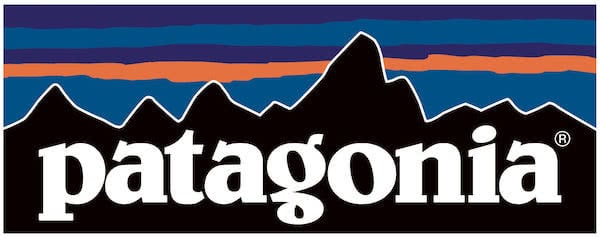
Outdoor clothing and gear
When it comes to sustainable outdoor clothing brands, Patagonia is an environmental heavyweight. Not only do they specialise in sustainable and eco friendly gear, they sell their products second-hand (Worn Wear) and offer repairs on their gear too. They also proactively work with activists and environmental groups.
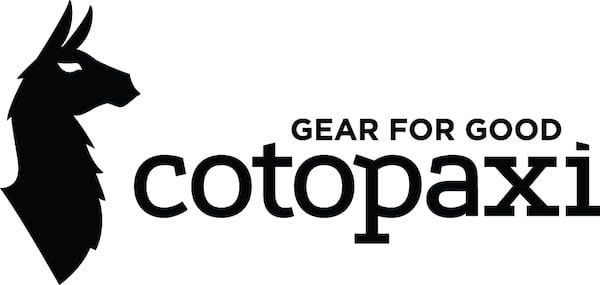
Outdoor clothing, bags and sleeping bags
Cotopaxi is a Certified B Corporation, which means they officially do more good than harm, which, for outdoor gear brands, is sadly pretty rare. Their products are often made of eco-friendly or recycled materials, and a sizeable chunk of their profits helps fund sustainable poverty relief.

Clothing
Toad Co have their roots in creating an ethical business, such as by using recycled materials, reusable packaging, and upcycling old garments. They are as committed to sustainable production practices as they are to upholding ethical standards and doing social good, such as training and employing adults with intellectual and developmental disabilities.
It's almost like their products are a side to what they're doing for the planet and community, but that doesn't mean their gear lacks substance. For seriously eco friendly outdoor clothing, Toad Co know what they're doing.
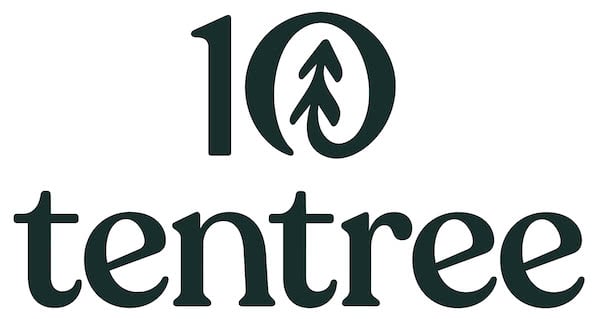
Clothing and accessories
Like Toad Co, Tentree started out with the main aim of being a truly sustainable brand. Tentree's unique selling point is that for every item bought, they will plant ten trees in one of over 30 countries. Over 40,000 have been planted to date. Tentree celebrate the small wins and make tackling climate change accessible. They firmly believe in transparency and are a certified B-Corporation.
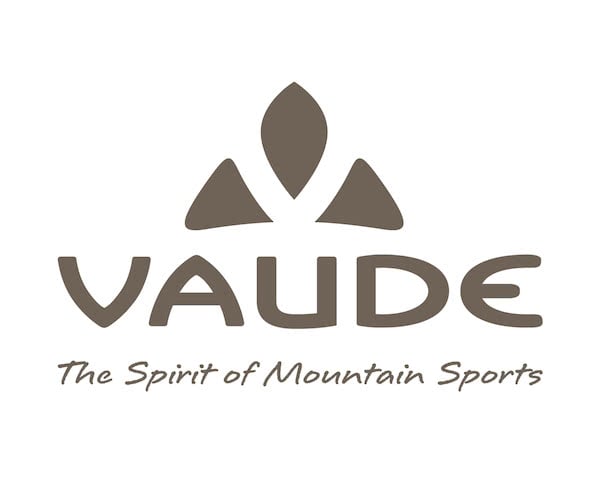
Clothing and gear
Based in Germany, Vaude is an environmental pioneer and a specialist in ethical outdoor clothing, with products designed with long-term use, fair trade and upcycling in mind. They meet a number of well-regarded environmental standards, including Fair Wear and they're also Bluesign certified.
Vaude pride themselves on using ethical production and sustainable materials such as organic cotton, merino wool and certified responsibly sourced leather.
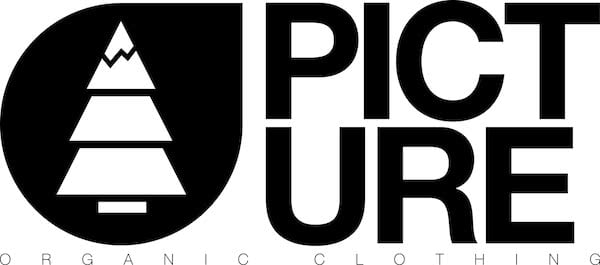
Clothing
By setting out with the intention to build a wholly sustainable outdoor clothing brand, Picture Organic focuses on minimum impact, recyclability and durability for its products.
They're committed to wiping out fossil fuels from their business, from source materials to packaging, travel and shipping, thus greatly reducing their carbon footprint. Understanding and being transparent about every step of the supply chain is important to Picture.
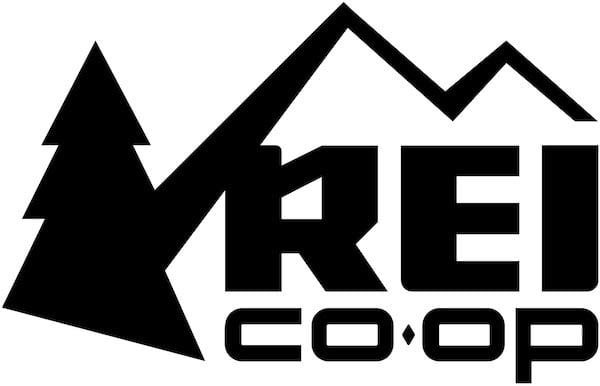
Outdoor clothing and equipment
A big US-based brand, REI runs as a co-operative, so tends to put people before profits. They invest in rewilding, promote second-hand gear and their products follow strong sustainability standards. They're proof that stewardship is key to overturning climate change.
They believe that when people are more connected to nature, say through adventure, when they feel the benefits it can bring them personally, they will be more inclined to want to protect and preserve it.

Outdoor clothing and equipment
Kathmandu is one of the largest brands to become a Certified B Corporation, meaning they uphold high environmental standards and fair trade procedures throughout their supply chain and product development. They use 100% organic cotton and recycled fabrics such as polyester in their production and power their warehouses with solar.

Clothing and shoes
La Sportiva's vehement appreciation of the mountains is what drives them to protect and nurture them, so that people can continue to enjoy their raw beauty without putting too much pressure on them. They are committed to using low-impact technology and eco-friendly production methods where they can. Their ISO certification means they uphold strong environmental standards and are a truly sustainable brand.

Outdoor and yoga clothing
Prana are somewhat of a leading force when it comes to sustainable yoga, climbing and outdoor clothing. Not only are they committed to using recycled materials and sustainable materials such as organic cotton, but they are devoted to animal welfare, sustainable packaging, tackling the climate crisis and the idea of a circular economy.
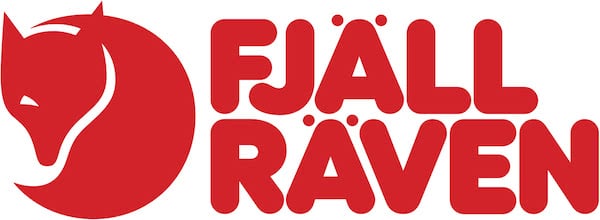
Clothing and accessories
Fjallraven's commitment to producing sustainable clothing includes a focus on durability, using sustainable materials, and recyclability of products. They describe themselves as people who are constantly asking what else they can do, their motto is "room for improvement" and they are committed to making the right decisions, not just those that will improve profits. Sustainable design, eco friendly, recycled materials and ethical production is at the core of what they do.
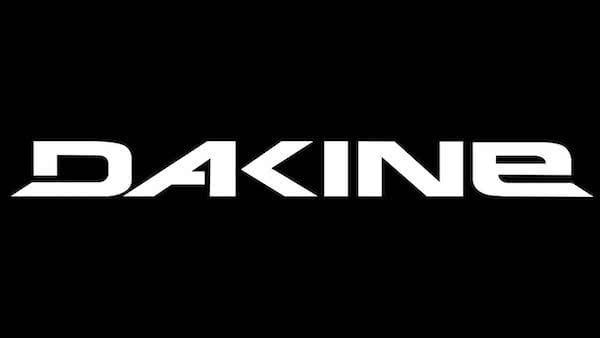
Outdoor clothing and equipment
Dakine is making strong steps towards creating ethical outdoor clothing and adventure kit, focusing on durability, environmentally friendlier materials, and healthy working conditions.
Their motto is "respect the sea, the land and the locals", a concept which has been at the heart of Dakine since its inception. Using recycled materials and Bluesign - approved materials, Dakine are charging the rucksack industry with force and fast becoming one of peoples' favourite sustainable brands.

utdoor clothing and equipment
Finisterre recognises that the ocean's future is our future, which is why they've committed to "sustainability as standard" since they started out. They are also another Certified B Corporation. Instantly biodegradable packaging is one of their more innovative practices and they offer a repair service too.
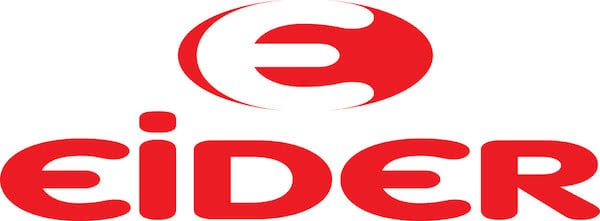
Mountaineering and ice climbing clothing and equipment
This French-based company mitigates the impact of their products through sustainable design, low-impact manufacture, and guaranteed durability. Eider products come with a full lifetime guarantee that covers all defects. if that doesn't tell you that their only focus isn't on profit we don't know what will!
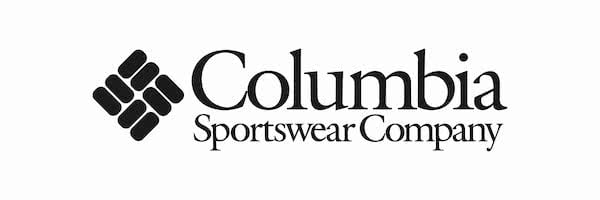
Clothing and accessories
Columbia's environmental efforts include protecting natural resources, such as water, and ensuring accountability and collaboration throughout the supply chain. Columbia aims to minimise impact on the land it explores, and protect that communities that call it their home. They work with numerous charitable and grassroots organisations all around the world.
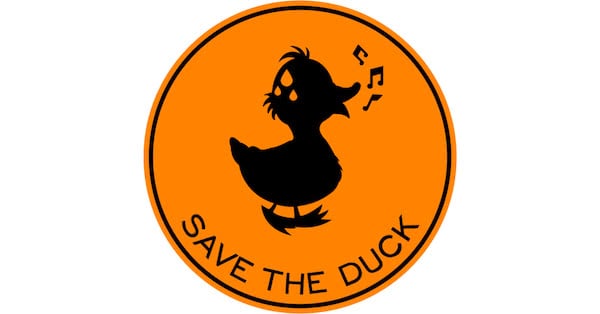
Outdoor clothing
This Italian-based brand focuses on animal welfare, with 100% animal-free products, as well as sustainable development. They are also a newly-qualified Certified B Corporation. They won PETA's company of the year award in 2019 on account of producing high-performance, ethical outdoor clothing that doesn't use animals in its quest for quality.
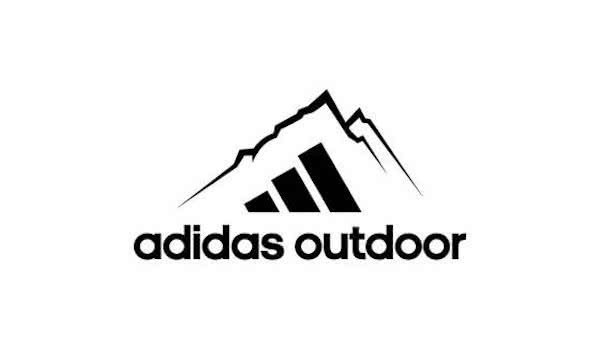
Sportswear
Despite their reputation as a mega-corp, Adidas is doing more and more to develop a sustainable business model, especially by focusing on ocean plastic. They have developed new recycled sustainable materials such as Primeblue, made with ocean plastic, to make their products much better for the environment. They want to use innovation as the solution to ocean plastic waste and we salute them for doing so!
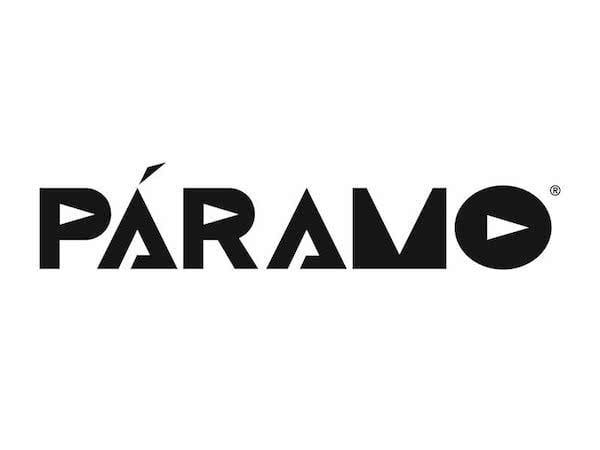
Outdoor clothing
Paramo champions ethical manufacturing and durability, and also runs its own recycling scheme whereby you can take your jacket back if you no longer need it. They'll find it a new home or repurpose it into something else. Cool right? They also help fund a number of conservation projects.
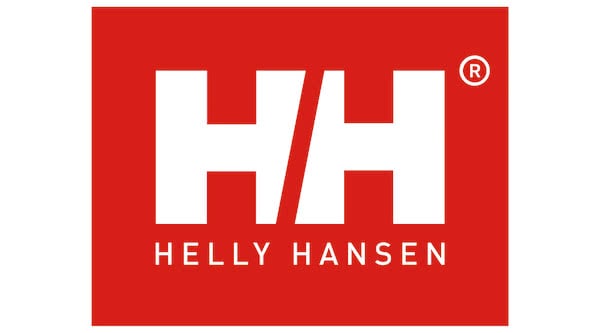
Clothing and outdoor gear
Over 140 years in business has taught gear and outdoor clothing brand Helly Hansen the ever-growing importance of protecting the wild land their gear is created to exist in. They take a holistic approach to the production, use and end of life of their products and are committed to the conservation of water.

Outdoor clothing and gear
Norrona donates 1% of its revenue to sustainability-focused organisations, as well as supporting environmental efforts along its production. This is eco friendly outdoor kit that doesn't compromise on quality or function.

Women's outdoor apparel
Wild Rye use Bluesign certified fabrics or recycled materials wherever they can and are committed to high environmental and animal welfare and fair trade standards. As outdoor brands go, that's pretty commendable. They specialise in women's MTB apparel and used sustainable fabrics in most of their products.
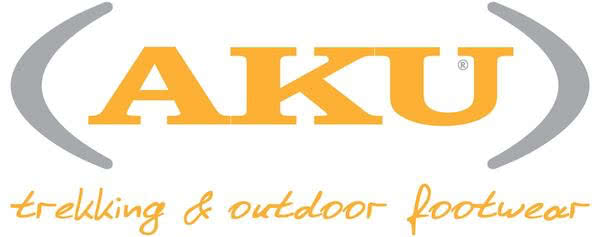
Outdoor footwear
This Italian brand champions traceability and short supply chains, with 85% of its production in Italy and Romania, as well as recyclable packaging. Eco-friendly footwear can be hard to come by, especially when materials like leather are used, but AKU know their stuff.
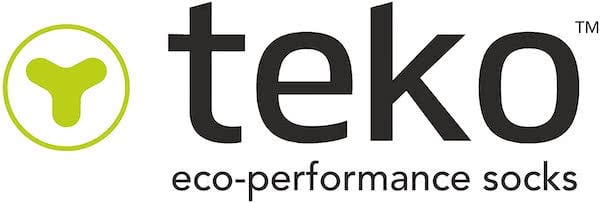
Hiking socks
Teko produces ‘eco-performance socks', using low-impact materials, chlorine-free processing and non-toxic dyes. Sustainable outdoor clothing brands tend to focus on bigger items like coats and rucksacks, but socks matter too. These are just about the most environmentally friendly outdoor socks you'll find.

Sunglasses and goggles
Outdoor gear brands that are eco-friendly are actually fairly easy to find according to this article, but ever hear of a sustainable sunglasses brand? Zeal are members of a number of eco-friendly schemes, including 1% For The Planet, Protect Our Winters and the National Forest Foundation.

Outdoor clothing
In contrast to a lot of American outdoor brands, this US company has sustainability hard-wired into its core, working with a number of environmental organisations and giving 1% of its revenue to environmental causes. This is sustainable outdoor clothing at its finest.
Want to do more? Check out our guide to changing the world - how adventurers can help fight climate challenge